
The African Union (AU) has said that $88,6 billion is lost annually in illicit financial flows.
Similarly, the AU said $ 29 billion is stolen annually in illegal logging, fishing and trade in wildlife.
These figures were captured in a chart prepared by the AU titled ” Where does Africa’s wealth go?
The chart pointed out that ” foreign companies have significant control over Africa’s mineral resources.”

This chart forms part of the Year of Reparations 2025, which the UA says is about economic liberation and ending Africa’s systemic wealth drain.
AU noted that colonial debts, unfair trade policies, and foreign-controlled resources have kept Africa in a cycle of exploitation.
To that end, “the Year of Reparations aims to address colonial-era debts, retain Africa’s wealth for its people, and reform global trade policies,” AU posted on X on March 27.

Themed “Justice for Africans and People of African Descent Through Reparations” The African Union (AU) has designated 2025 as the “Year of Justice for Africans and People of African Descent Through Reparations.”
This initiative underscores the AU’s commitment to addressing historical injustices, including the trans-Atlantic slave trade, colonialism, apartheid, and genocide. It builds on decades of advocacy and collaboration, aiming to foster unity and establish mechanisms for reparatory justice on a global scale.
The Organization of African Unity (OAU) and the African Union (AU) have been working towards reparations and justice for historical crimes against Africans and people of African descent since 1963. The AU has supported initiatives to advance justice and the payment of reparations to Africans, as well as the restitution of cultural artifacts and heritage pillaged during colonization and enslavement. The continental movement for reparations began with political activism by prominent politicians, including Chief Moshood Kashimawo Olawale Abiola of Nigeria. The First Pan-African Conference on Reparations, sponsored by the Group of Eminent Persons (GEP) and the OAU, was held in 1993, leading to the Abuja Proclamation on Reparations. This conference emphasized the importance of reparations and the moral debt owed to African peoples.
The African Union (AU) joined the United Nations (UN) at the World Conference against Racism, Racial Discrimination, Xenophobia and Related Intolerance in 2001 to adopt the 2001 Durban Declaration and Programme of Action.
The Declaration acknowledged the appalling tragedies of racism, racial discrimination, xenophobia, and related intolerance, including slavery and the transatlantic slave trade. It emphasized the need for victims of these human rights violations to have access to justice, legal assistance, and effective protection and remedies.
In 2021, the AU held a Continental Experts Workshop on the Restitution of Cultural Property and Heritage in collaboration with the Government of Senegal and the Open Society Initiative in West Africa. The workshop focused on developing a Common African Position Paper on the Restitution of Cultural Property and Heritage and a Framework for Action on the Negotiations for the Return/Restitution of Illicitly Trafficked Cultural Property from the Continent.
Read Also: A good number of our local banks need support to compete – Governor Asiama
In 2022, the Africa-Diaspora Summit on Reparations was co-organized by the Government of the Republic of Ghana, the Africa Transitional Justice Legacy Fund, the Africa America Institute, the Global Circle for Reparations and Healing, and other Diaspora Organisations. The Accra Declaration on Reparations and Racial Healing included the notion of racial healing, stating that reparations and healing are a multigenerational, transnational endeavor requiring active engagement from grassroots, civil society, private sector, policy makers, and leadership at all levels.
In November 2022, the African Commission on Human and People’s Rights (ACHPR) passed a Resolution on Africa’s Reparations Agenda and the Human Rights of Africans in the Diaspora and People of African Descent Worldwide. The resolution reaffirmed the 2001 Durban Declaration and Programme of Action as a comprehensive framework addressing racism, racial discrimination, xenophobia, and related intolerance. The International Decade for People of African Descent (2015-2024) acknowledged the significance of the International Decade for Recognition, Justice, and Development of people of African descent worldwide.
At the 36th Ordinary Assembly of the Union, the Heads of States and Governments of the Member States endorsed a proposal by the Republic of Ghana to co-organize and host an International Conference in 2023 on the theme “Building a United Front to Advance the Cause of Justice and the Payment of Reparations to Africans.” The AU Assembly decision requested the establishment of an African Committee of Experts on Reparations for the purpose of developing a Common African Position on Reparations and incorporating therein, an African Reparatory Programme of Action.
Following the AU Summit in February 2023, a High-Level delegation of the AU conducted a study tour to the Republic of Barbados, aiming to develop stronger AU-CARICOM cooperation in advancing the agenda on reparations and racial healing. The Accra Reparations Conference (ARC) was convened in November 2023, bringing together various stakeholders to advance the cause of reparations, including reparatory justice and healing for Africans and people of African descent.
The post $88.6 billion lost annually in Africa in illicit financial flows – African Union first appeared on 3News.
Read Full Story






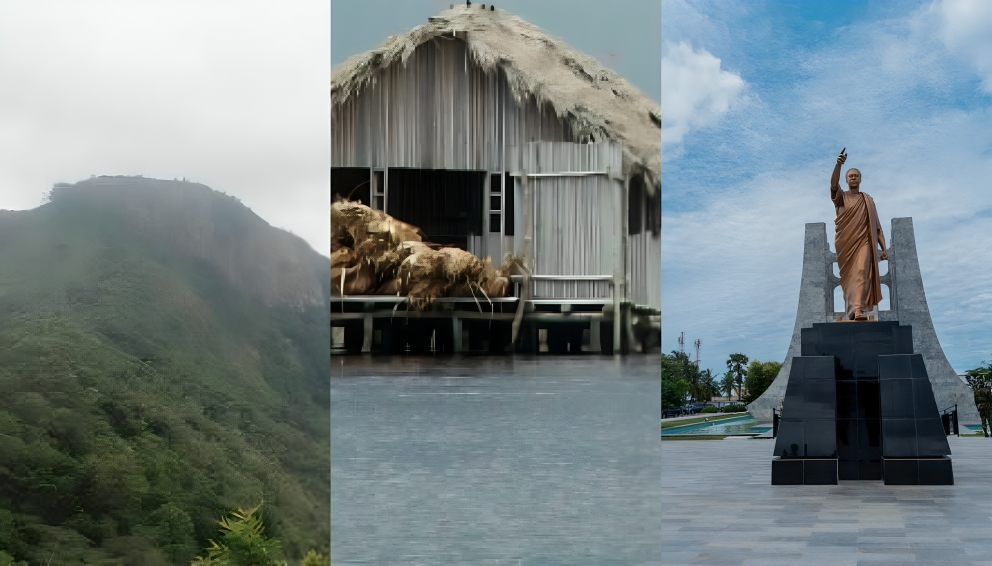
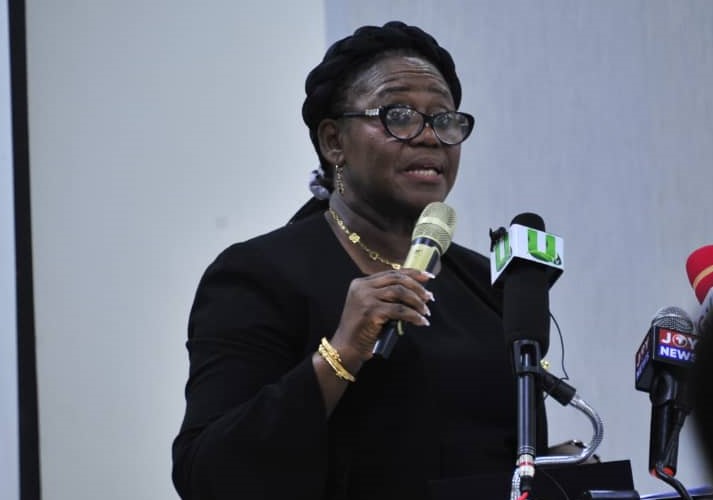
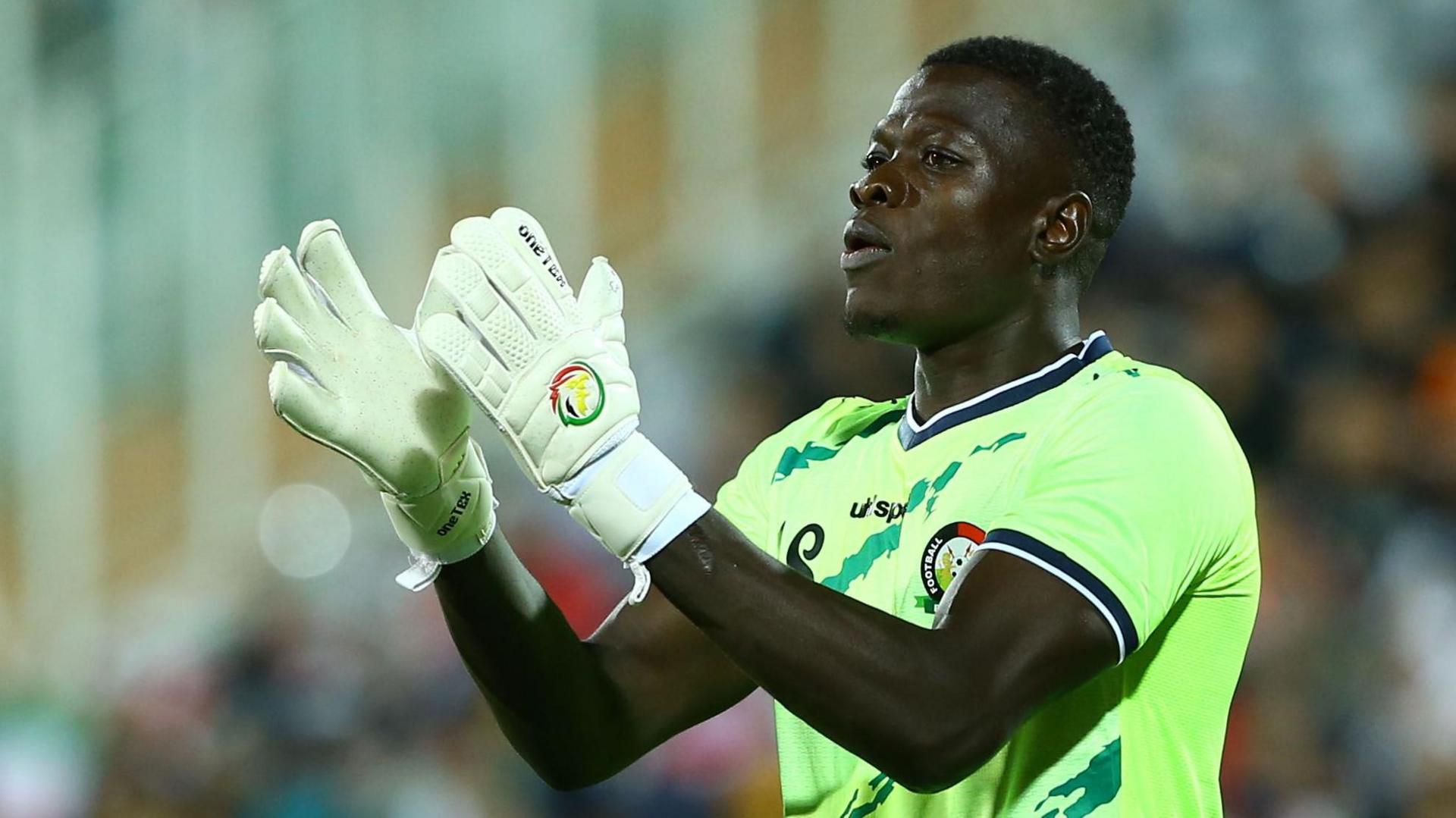
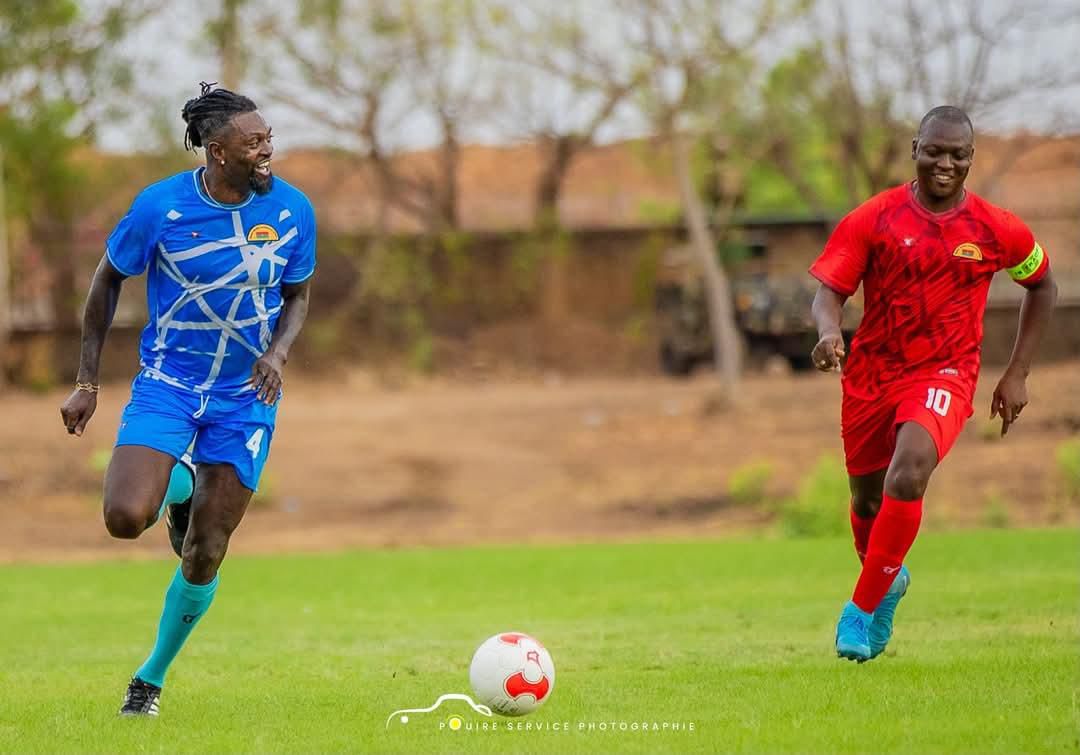
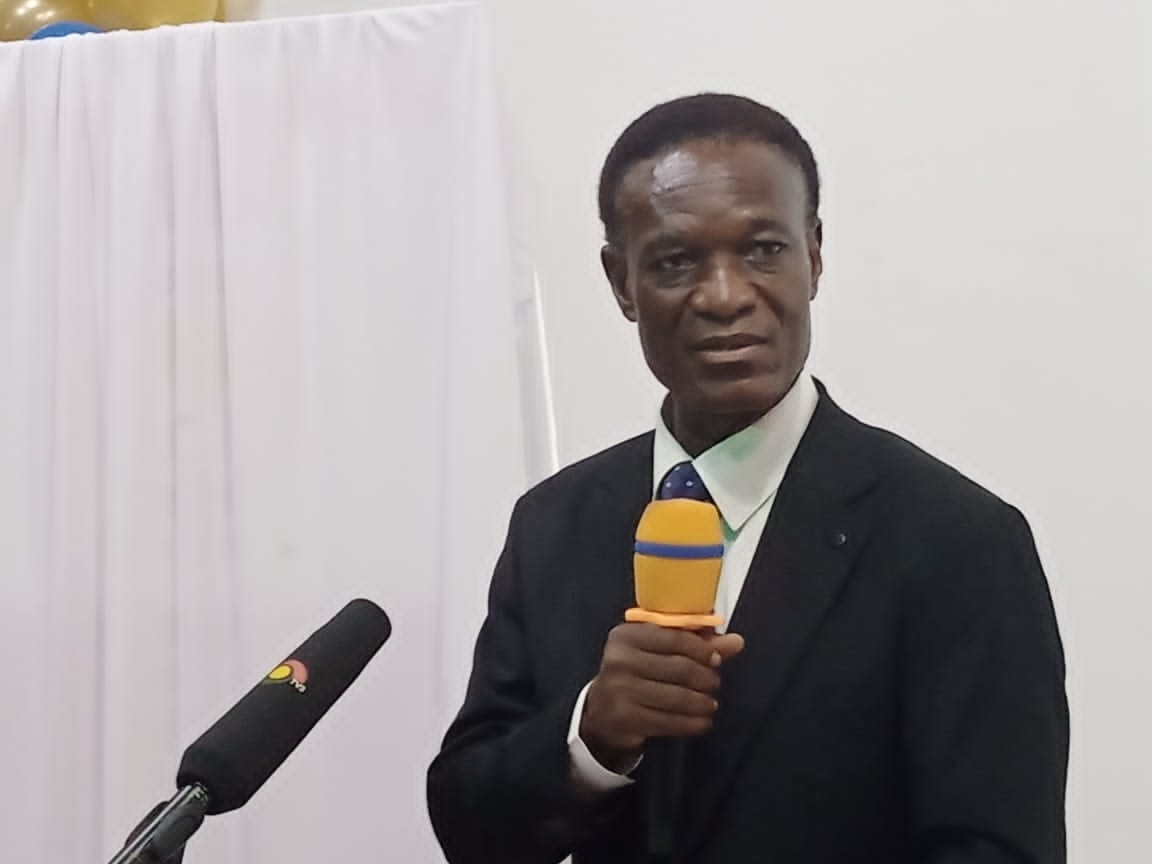


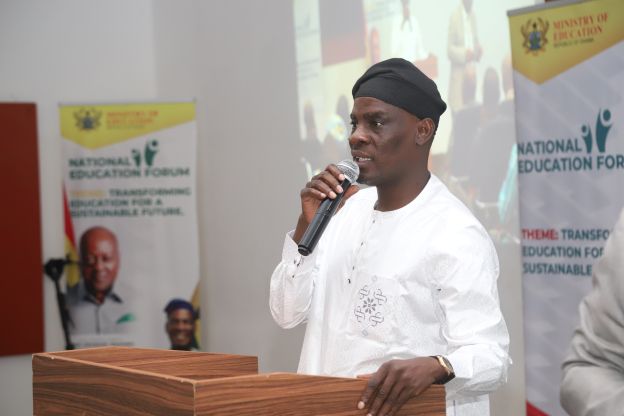
Facebook
Twitter
Pinterest
Instagram
Google+
YouTube
LinkedIn
RSS